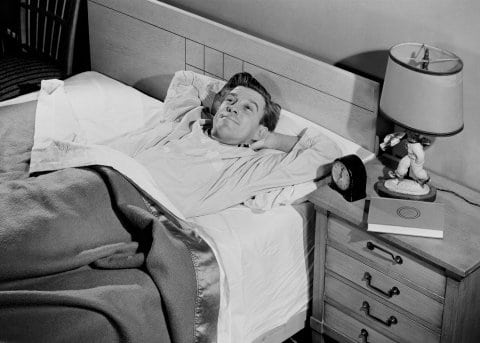Don’t Waste Your Twenties — Part 1: Taking Advantage of the Unique Powers of the Twentysomething Brain

At age 20: Bill Gates dropped out of Harvard and cofounded Microsoft, and Sir Isaac Newton began developing a new branch of mathematics.
At age 21: Thomas Alva Edison created his first invention, an electric vote recorder, Steve Jobs co-founded Apple Inc., and Alfred Tennyson published his first poetry.
At age 22: Inventor Samuel Colt patented the Colt six-shooter revolver, and Cyrus Hall McCormick invented the McCormick reaper, which allowed one man to do the work of five
At age 23: T. S. Eliot wrote “The Love Song of J. Alfred Prufrock,” John Keats penned “Ode on a Grecian Urn,” and Truman Capote published his first novel, Other Voices, Other Rooms.
At age 24: Johannes Kepler defended the Copernican theory and described the structure of the solar system.
At age 25: Orson Welles conscripted, directed, and starred in Citizen Kane, Charles Lindbergh became the first person to fly alone across the Atlantic, New York farmhand Joseph Smith founded the Church of Jesus Christ of Latter-Day Saints, John Wesley began planting the seeds for Methodism at Oxford, and Alexander the Great became the King of Persia.
At age 26: Albert Einstein published five major research papers in a German physics journal, fundamentally changing man’s view of the universe and leading to such inventions as television and the atomic bomb, Benjamin Franklin published the first edition of Poor Richard’s Almanac, Eli Whitney invented the cotton gin, and Napoleon Bonaparte conquered Italy.
An impressive list of accomplishments to be sure. And despite how many might interpret this kind of “precociousness,” I would argue that these men accomplished what they did not despite their age, but because of it.
A Disposable Decade?
Maybe you’ve heard it said, or even said it yourself: “Thirty is the new twenty.”Things that were once markers of maturity in the past — finishing school, landing your first “real” job, getting hitched, having kids, buying a house – are getting pushed back later in life. Instead of hitting these milestones in one’s early or mid-twenties, as our parents and grandparents did, economic, sociological, and cultural factors have postponed these steps for many until the latter part of the decade, and into one’s thirties.
This has opened up an unprecedented period of time and development for young adults. The twenties have been relabeled “emerging adulthood” or “extended adolescence,” and because of its nascent nature, there aren’t a lot of guideposts on how a man should spend this new stage of life.
In the absence of such guidance, the twenties have come to be seen as a time to dabble, drift, and adventure, with the idea that you can get serious about stuff later — once you hit thirty. Thus, the twenties have been branded as disposable — an inconsequential holding period between two decades of schooling and becoming a “real” adult.
But the idea that one’s twenties are unimportant couldn’t be farther from the truth. In fact, “thirty is the new twenty” is one of the biggest lies of our age.
In this two-part series, we’ll explain why.
